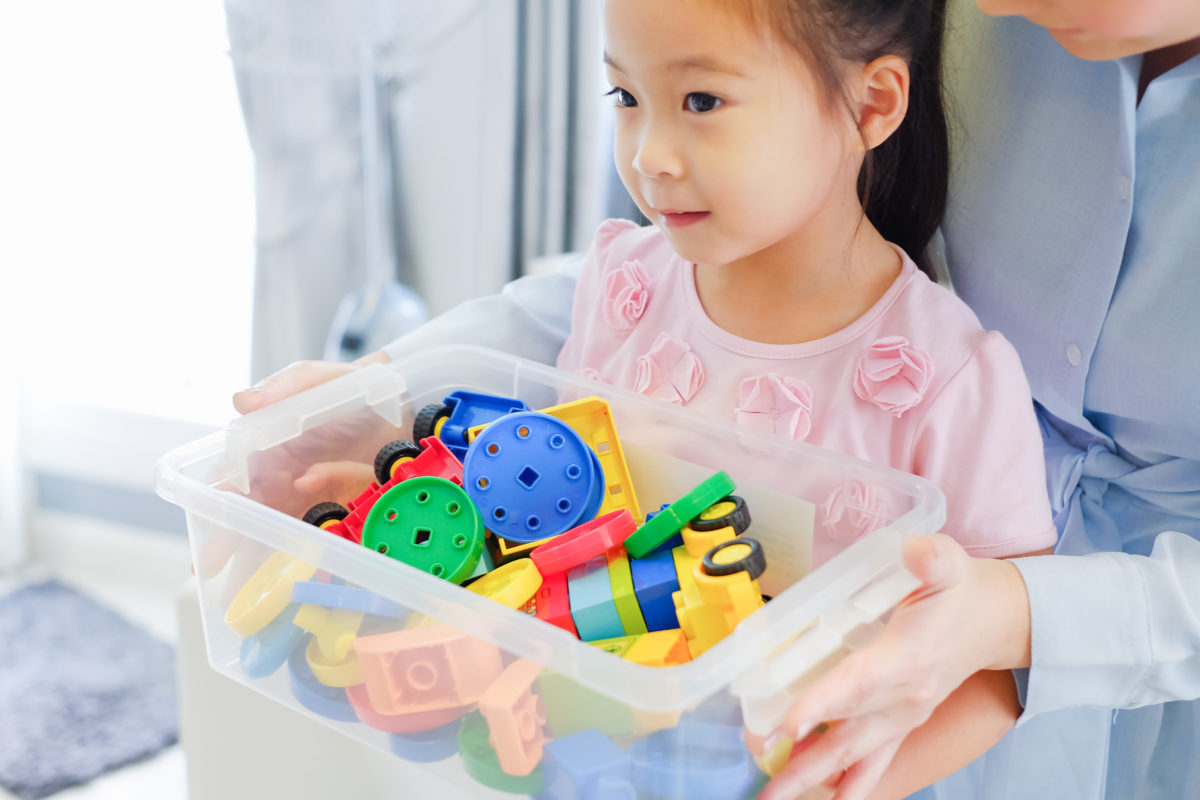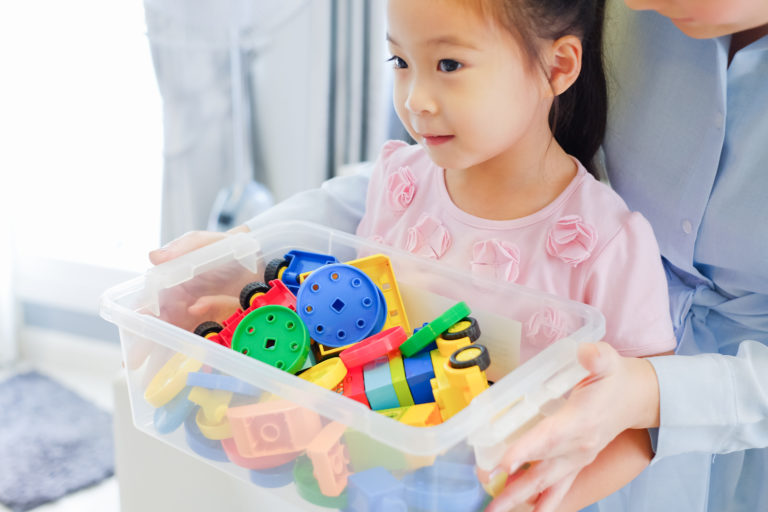Parenting Tips
Parents Zone

Source: Registered Clinical Psychologist, Yiu Fong Lee
Parents often encounter various behavioral problems with their children, which can be very troubling. For example, they ask their child to do homework, but the child doesn’t do it; they ask the child to eat, but the child sits there playing instead. When children display many uncooperative behaviors, parents become very angry and may use blaming or punishing methods to deal with them. In times of great distress, children become even more uncooperative because they feel their parents are annoying and only have negative evaluations, causing their behavior to become increasingly uncooperative and disobedient. In the practice of mindfulness, parents can learn to carefully observe what is happening at the moment without any criticism, and then try to connect with their child wholeheartedly and notice any good qualities.
In the mindfulness parenting group, we encourage parents to use their five senses, including sight, hearing, taste, touch, and smell, to experience mindfulness while eating. For example, taking a piece of raisin and putting it in your mouth, feeling its texture at that moment, and noticing any changes. Through our careful observation, we will discover that raisins are actually very sweet, and they will slowly melt in our mouths.

We can apply this mindset to our interactions with children in daily life, meaning that in addition to their uncooperative behavior, tantrums, or emotional outbursts, we should observe them carefully to see if there are any other things that other parents might not notice. In the mindful parenting group, one mother shared that besides being angry when her son didn’t listen to her, she also noticed that he was willing to help her carry heavy objects or food at times, showing that he cared for her.
Some mothers even mentioned that their sons may be sensitive to certain sounds, but during the New Year’s vegetable-grabbing game, they would try their best to grab the vegetables and bring them back to their mothers because they wanted them to be healthy and safe. The mothers felt that their children loved them very much, so they paid more attention to the good things their children did or the times when they cooperated. For example, if a child refused to do homework ten times but then was willing to do it or quietly read once, the mother would appreciate and tell the child, “You were very focused today, and I appreciate that.” Over time, the child will realize that he or she can do well, and the mother won’t be so annoying or only focus on the bad things the child does. Instead, the mother will focus on the good things the child does, and the child’s behavior will gradually get better.

In clinical practice, we often see that in parent-child interaction, when parents can sense the subtle aspects of daily life, such as what their children are willing to give, cherish, or when they exhibit good behavior, it can greatly help improve the interaction and relationship between the two. Additionally, when children feel positive about themselves, their confidence will also improve.

































